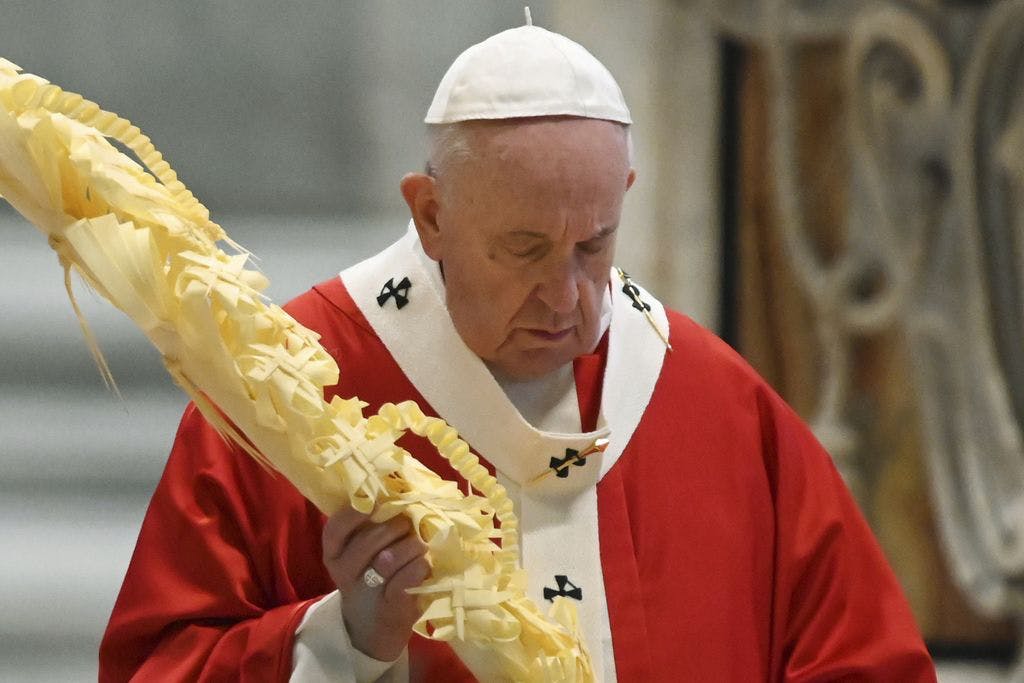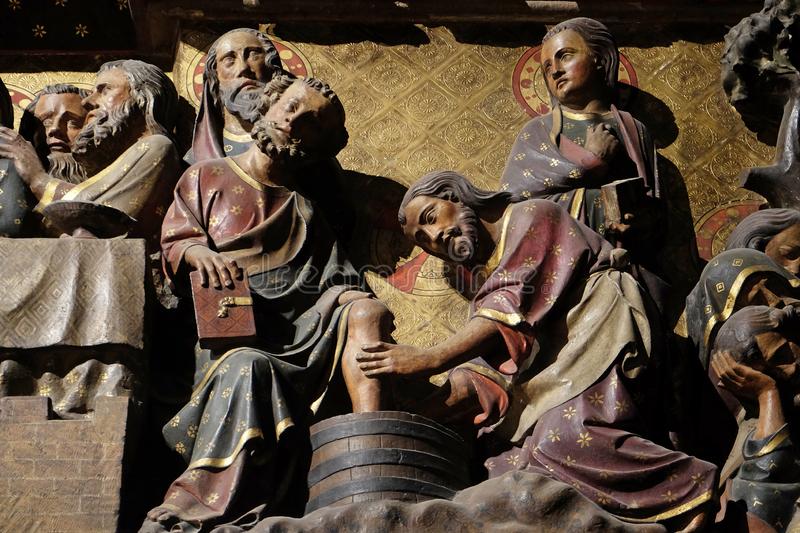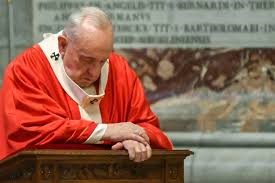A Holy Thursday Homily During a Time of Pandemic
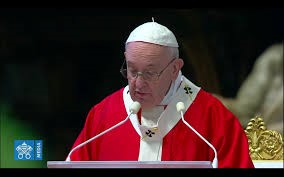
Last Sunday, Palm Sunday, Pope Francis said, “God saved us by serving us.” He recounted all the times in the liturgies of Holy Week that we hear of the Christ who serves: for example, Christ “emptied himself, taking the form of a servant”(Phil 2:7); the servant who washes the feet of his disciples; the suffering and victorious servant on Good Friday, and Psalm 42:1, where God says, “Behold my servant, whom I uphold.” God saved us by serving us. The Pope continued that while “we often think that we are the ones who serve God” it is God who freely chose to serve us, for he loved us first. Pope Francis said, “It is difficult to love and not be loved in return. And it is even more difficult to serve if we do not let ourselves be served by God — the lesson that Jesus taught Peter in the Gospel proclaimed tonight.

God serves us by giving his life for us. In the first reading tonight, we read of the first Passover, when God first saves his people and eventually leads them out of slavery into a new life. In the second reading, we have St. Paul’s account of the institution of the Eucharist, in which Jesus tells his followers that the bread they are eating is his body which is being given up for them, and that the wine is his blood establishing a new Covenant with God. And in the Gospel Jesus washes the feet of disciples, a task so menial and filthy that even a slave could not be ordered to do it. Jesus goes even further, and reminds them that this act of service is more than what it seems; that it is a sign of his own pouring out of his life for them — and for us. Jesus tells them that they must do the same: “as I have done for you, you should also do.”
Simply put: The Eucharist has consequences. The Body and Blood of Christ is not given to us simply to adore, as important as that is. Rather, the Eucharist signifies a whole new relationship with God, a relationship to be lived out in service to others. God saves us by serving us; like Peter’s mother-in-law, once we are saved, we must save others by serving them, in imitation of Christ. “As I have done for you, you should also do”: The Eucharist has consequences.
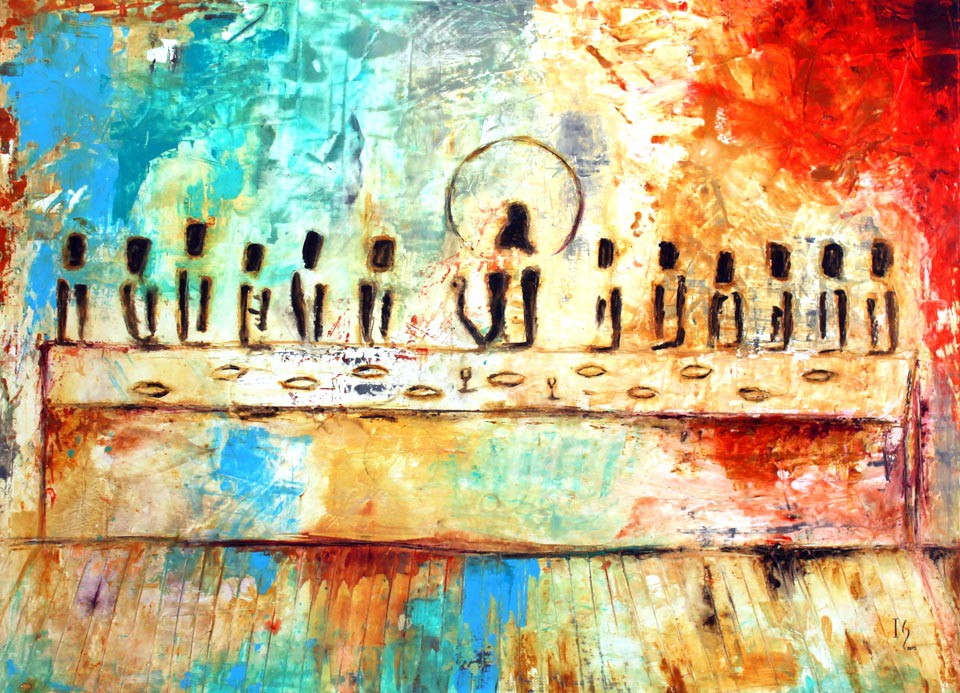
Tonight we are celebrating this Mass of the Lord’s Supper under circumstances none of us could have imagined a few months ago. Yes, we are celebrating Mass and we are doing what Jesus commanded us to do in the second reading: we are doing this in remembrance of Him. But something is missing tonight: YOU! Without you here, we are unable to do what we customarily do at our parish: wash each other’s feet, as Christ commanded. This day is sometimes called “Maundy Thursday”. The word “Maundy” comes from the Latin word “mandatum”, which means a “mandate” or a “command.” Jesus commands his disciples to do as he had done: to wash feet, to pour out healing, comfort and care in service of others. In this time of “social isolation”, of “stay at home,” of being kept apart from one another, how can we follow Christ’s example in pouring out his life in such a concrete way as washing other people’s feet?
The Pope reminds us that during this time of pandemic we must be our most creative. In what concrete ways can we, in our “sheltering in place”, touch others in service? Some have suggested that maybe we could read this Gospel at home and then wash the feet of our family members. If you don’t want to wash feet, then perhaps wash each other’s hands instead. But maybe there are other ways, too, that fit your situation even better. Perhaps “wash feet” by reaching out to “clean up” or to “wash clean” a broken relationship, to “pour ourselves out” to a person who is isolated, or ill, or alone through a phone call or even something as simple as a text or e-mail. For example, speaking as a Grandfather myself, perhaps all grandchildren could check in with their poor old grandparents with a phone call, Skype, or even a text! Remember, the best way to overcome our own isolation is to reach out and serve someone else.
The Eucharist has consequences. THIS Eucharist has consequences. Tonight, those of you joining us through YouTube or Facebook will partake in the Eucharist through the proclamation of God’s Word and through Spiritual Communion. For all of us, this Eucharist here tonight has consequences no matter how we are celebrating it. No matter where you are, no matter how many of you are sheltered in the same space, no matter how confused, cranky, frustrated, or ill you might be, now is the time for us to imitate Christ and follow his command to reach out and serve someone else, in any concrete ways we can.
Go, wash some feet!

